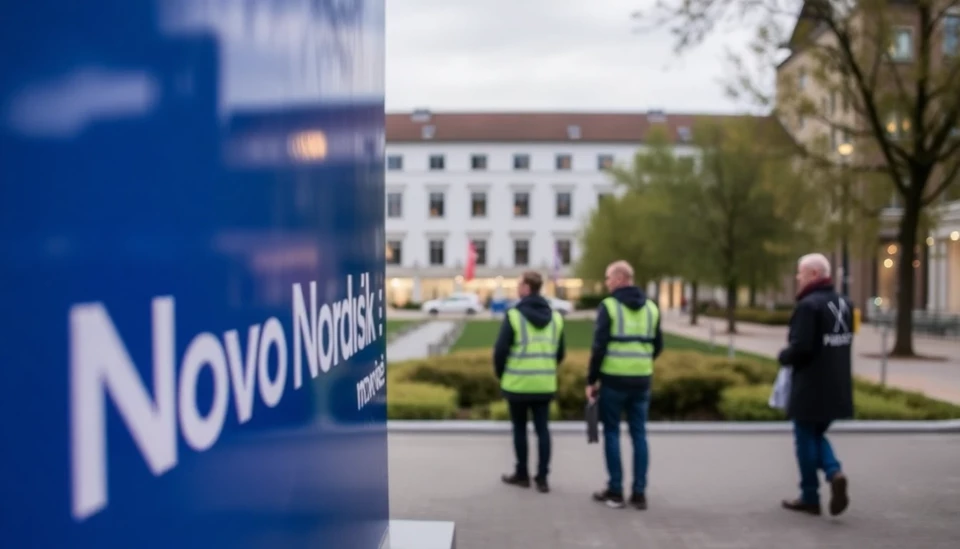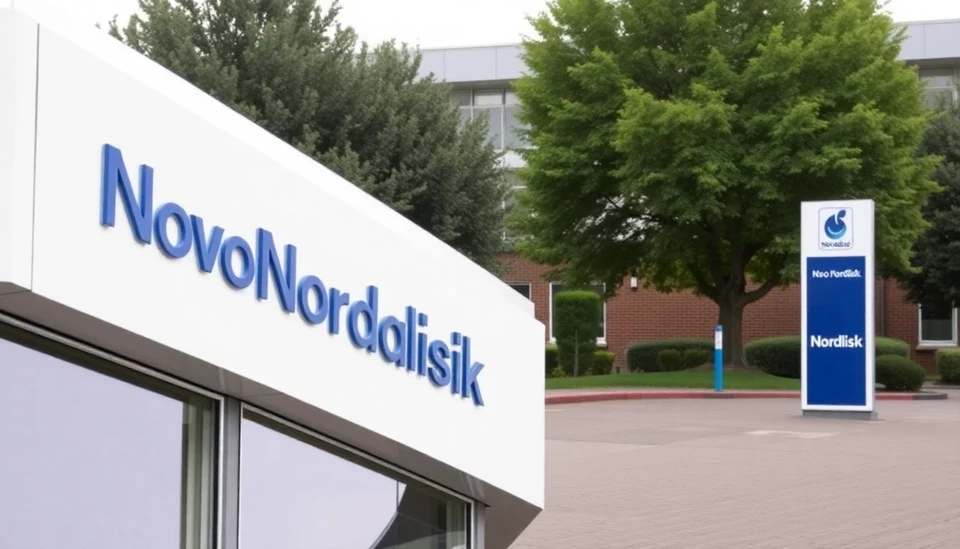
In a recent exploration of Novo Nordisk's rising influence in Denmark's economy, questions are being raised about whether the pharmaceutical giant's job creation is, in fact, a boon or a burden. The company, which specializes in diabetes care and other chronic conditions, has made significant strides in employment within the region, yet some experts caution that this growth may inadvertently stifle local economic development.
Novo Nordisk, a leading player in the biopharmaceutical sector, has been hiring aggressively to keep up with the demands of research and production, particularly in response to an increasing global need for diabetes medications. The company has committed to investing billions in expanding its operations across Denmark, promising thousands of new jobs in the process. This rapid expansion is depicted as a savior of sorts for the local labor market, which has witnessed a fluctuating economy impacted by broader global trends.
However, a closer examination reveals that while Novo Nordisk contributes significantly to job creation, it may also be hindering smaller local businesses and alternative industries from thriving. Some economists argue that the allure of high-paying jobs within Novo Nordisk leads to an over-concentration of talent and resources in the pharmaceutical sector. As a result, this could deter aspiring entrepreneurs and small business owners from pursuing ventures in other areas—leading to a lack of economic diversity in the region.
The company's dominance in the job market has drawn attention to the risks of an economy overly reliant on a single employer. Experts warn that as Novo Nordisk continues to grow, it may inadvertently reinforce regional economic disparities and reduce opportunities for non-pharmaceutical sectors. This scenario raises vital questions about sustainability in job growth and overall economic health, emphasizing the role of diverse employment opportunities.
Furthermore, the landscape of localized talent could dramatically shift, fostering an environment where workers are predominantly educated towards pharmaceutical careers, thereby sidelining fields like technology, green energy, and creative industries. This shift could stifle innovation and economic resilience, as a less diverse workforce can lead to vulnerabilities during economic downturns.
The local government faces a challenging task of balancing the need for jobs with the necessity of fostering a varied economic environment. The discussion surrounding Novo Nordisk’s impact is likely to intensify as policymakers and community leaders grapple with the implications of such concentrated employment. Advocates for a more balanced approach are calling for investment in other sectors, urging the government to incentivize growth in small businesses and entrepreneurial ventures as a way to cultivate a more robust economic future.
Ultimately, while Novo Nordisk continues to generate jobs and promote growth in Denmark, the local economy must also seek sustainability through diversity. As the region navigates these complex interactions, striking a balance between growth and economic resilience will be vital for ensuring long-term prosperity for all its inhabitants.
#NovoNordisk #DanishEconomy #JobCreation #LocalBusiness #EconomicDiversity #PharmaceuticalIndustry #SustainabilityInGrowth #EmploymentTrends
Author: Rachel Greene




